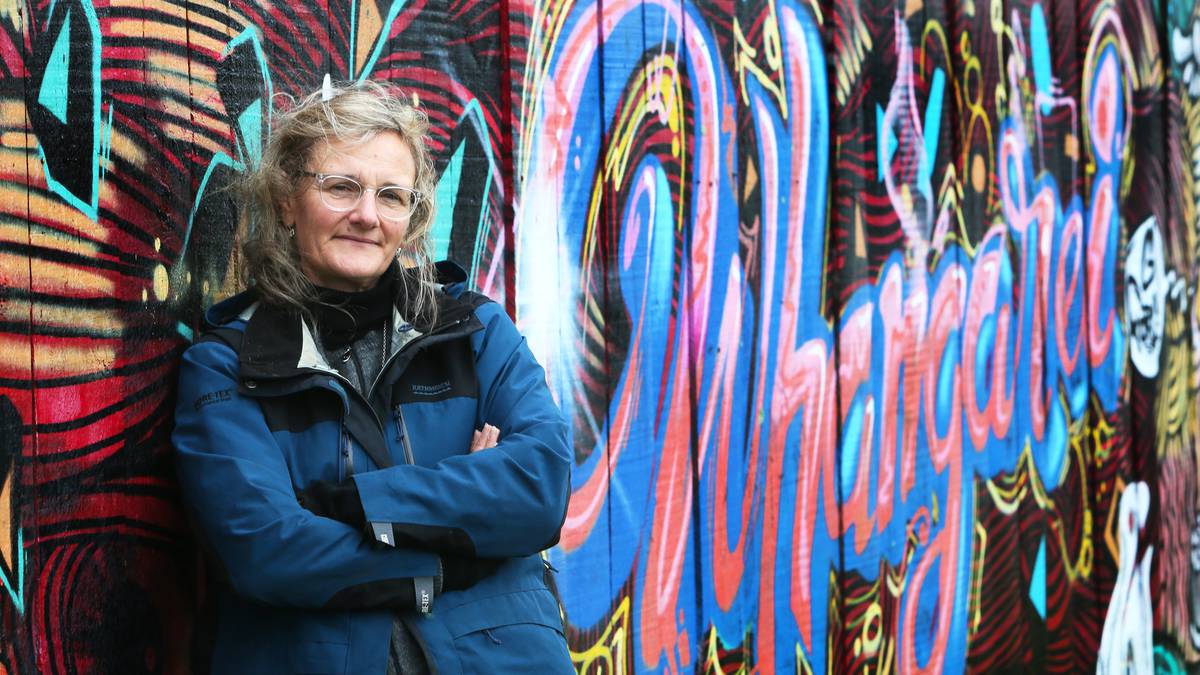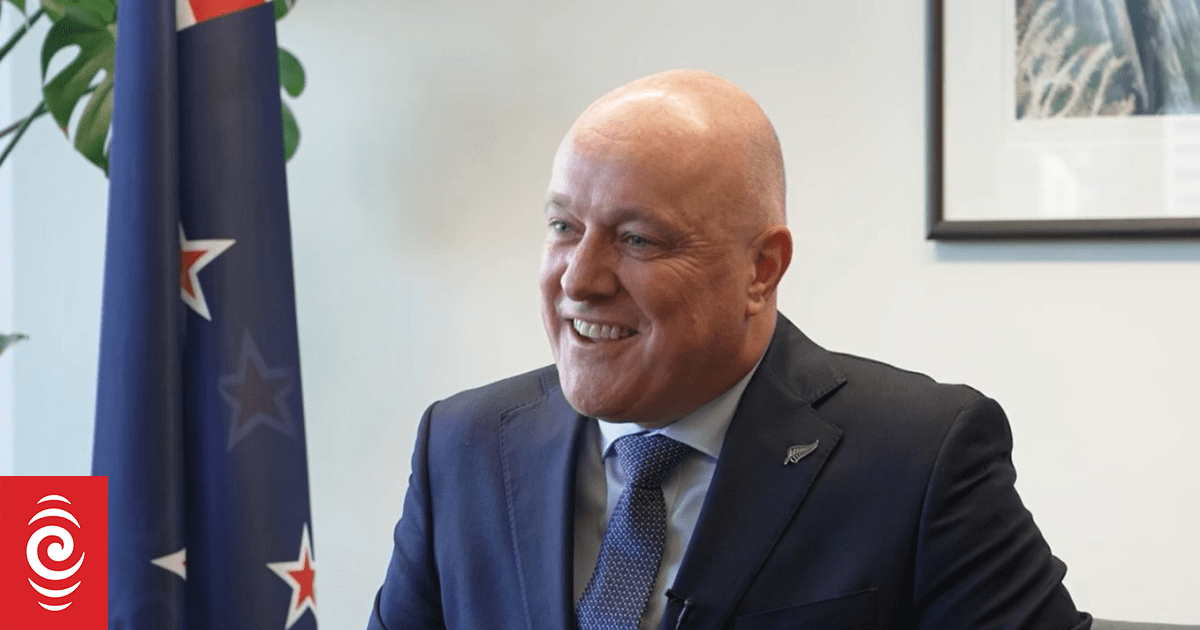Ngaire Rae is calling for MSD debt of nearly $80m in Northland to be written off and for benefit levels to rise. Photo / Tania Whyte
A child poverty advocate is calling on the Government to write off welfare debt following revelations Northlanders owe nearly $80 million to the Ministry of Social Development (MSD) to date.
Whangārei Child Poverty Action Group
spokeswoman Ngaire Rae called for benefit payments to be increased. She said there were resourceful and tenacious people on benefits who continued to live, contributed to their community and cared for their children despite benefit inadequacy which left them living in poverty.
Rae said people, particularly families on benefits, were smart and creative and resisted going into debt with the ministry as much as possible.
Her views were shared by 155 Whare chief executive Awhina Liz Cassidy-Nelson, who said housing costs in particular were having a huge impact on beneficiaries and low-income earners.
MSD data released to the Green Party showed 20,100 Northlanders owed $79.6m to the Government as of the end of March this year. The amount includes loans for essentials ranging from clothing to household appliances and bill payments. Beneficiaries owe the Government $2.4 billion nationally.
The debt in Northland is repaid at an average of between $11 and $17 a week – taken directly out of benefits. In the year to the end of March, $347,299 has been written off by MSD in Northland.
The Government is reviewing overall debt and has implemented some measures to reduce it – including more than tripling the non-recoverable dental grant from $300 to $1000 – but amid a recent hike in the cost of living, the debt mountain continues to rise.
“We need a welfare system that treats people with respect and decency. Debt needs to be written off and instead, benefit levels need to be increased,” Rae said.
Advertisement
She said the Welfare Expert Advisory Group report, released in 2019, recommended a radical overhaul of the welfare system as it provided inadequate support to meet basic needs. Although there have been some improvements since the report came out, Rae said benefits were simply not sufficient and that the current cost of living crisis made the situation worse, particularly for families with children.
The rates of children living in poverty have remained largely the same over the last four years when one took housing costs into account, she said.
“Housing needs to be viewed as a right rather than a commodity where certain sectors of our community profit over the pain of others.”
Rae said corporate benefits that were written off should also come under the same blowtorch as benefit debt because everyone should pay their fair share so that health and social services were adequately funded.
Predatory lenders and loan sharks who actively targeted low-income earners should also come under scrutiny, she said.
Cassidy-Nelson is outraged that the poorest whānau and families were expected to fall into further debt to get their most basic needs met.
/cloudfront-ap-southeast-2.images.arcpublishing.com/nzme/LGMSHD4SCNB3NCBX5K4FLTIV5Q.jpg)
“The level of debt reflects the failure of the welfare system. It has become a system of control and blame for the most in need, rather than support.
“Dependency will end when the system stops looking at poverty through a lens of judgement and blame. Racism and discrimination are inherent within the system and replicate the narrative that poor people are to blame for their own condition. They are not.”
Advertisement
She said increasing the amount of money given out in core benefits like Jobseeker, Working for Families and New Zealand Superannuation was the most obvious solution to meet the needs of those doing it tough.
MSD group general manager of client service support George Van Ooyen said the ministry has a duty to recover outstanding money under its legislation, and could only write off debt under certain circumstances.
“Any changes to write off debt would be for ministers and the government of the day to decide. We encourage anyone struggling with their debt repayment to come in and talk to our staff to see what we may be able to do to help.”
The two most common types of payments MSD clients were required to pay back, he said, were Recoverable Assistance Payments and Advance Payments of Benefits for things like whiteware, school uniforms and rent arrears.
Those payments enabled people to avoid high-interest loan sharks and helped meet essential costs that were not covered by non-recoverable grants. All debt with MSD is interest-free.
Van Ooyen said people who received a main benefit, Orphans Benefit, Unsupported Childs Benefit, Superannuation or Veteran’s Pension may be able to get an advance of up to six weeks of their benefit to help pay for an essential item or service.
He said the other most common situation where clients were required to repay money to MSD was overpayment debt – when the ministry has paid the client too much.
Van Ooyen said this could happen if people didn’t inform MSD about their correct income before they were paid, a change in their income or circumstances such as that they may have started work, entered into a new relationship or were going overseas.
“Main benefit increases over the last two years have meant that hundreds of thousands of families are better off, some by as much as $175 a week.
“MSD’s approach to recovering debt has moved away from focusing on getting past clients to repay their debt as quickly as possible, towards a broader focus on measures which enable people to sustain repayment.
“This may mean encouraging people to repay a bit less if they appear to be overextending themselves. In some cases, this may mean placing recovery of their debt on hold until they are able to sustainably afford repayments,” he said.
Imran Ali is a senior reporter who does general news reporting at the Advocate after more than two decades covering courts. He also takes a keen interest in rugby.




